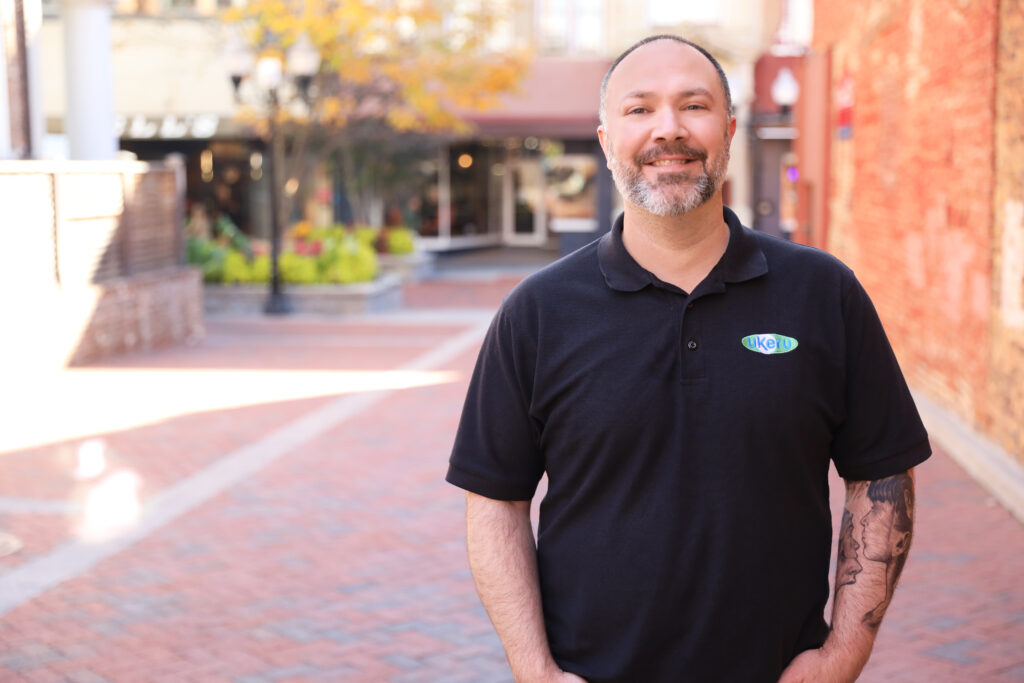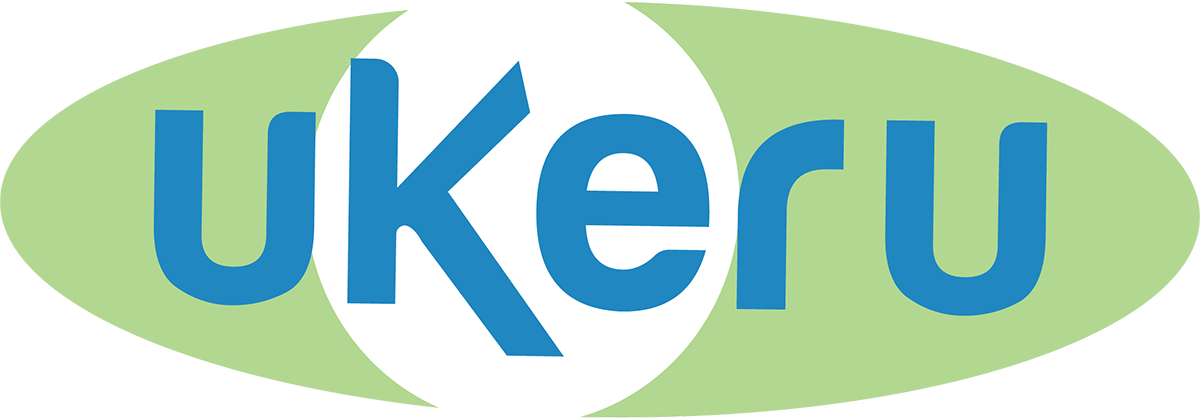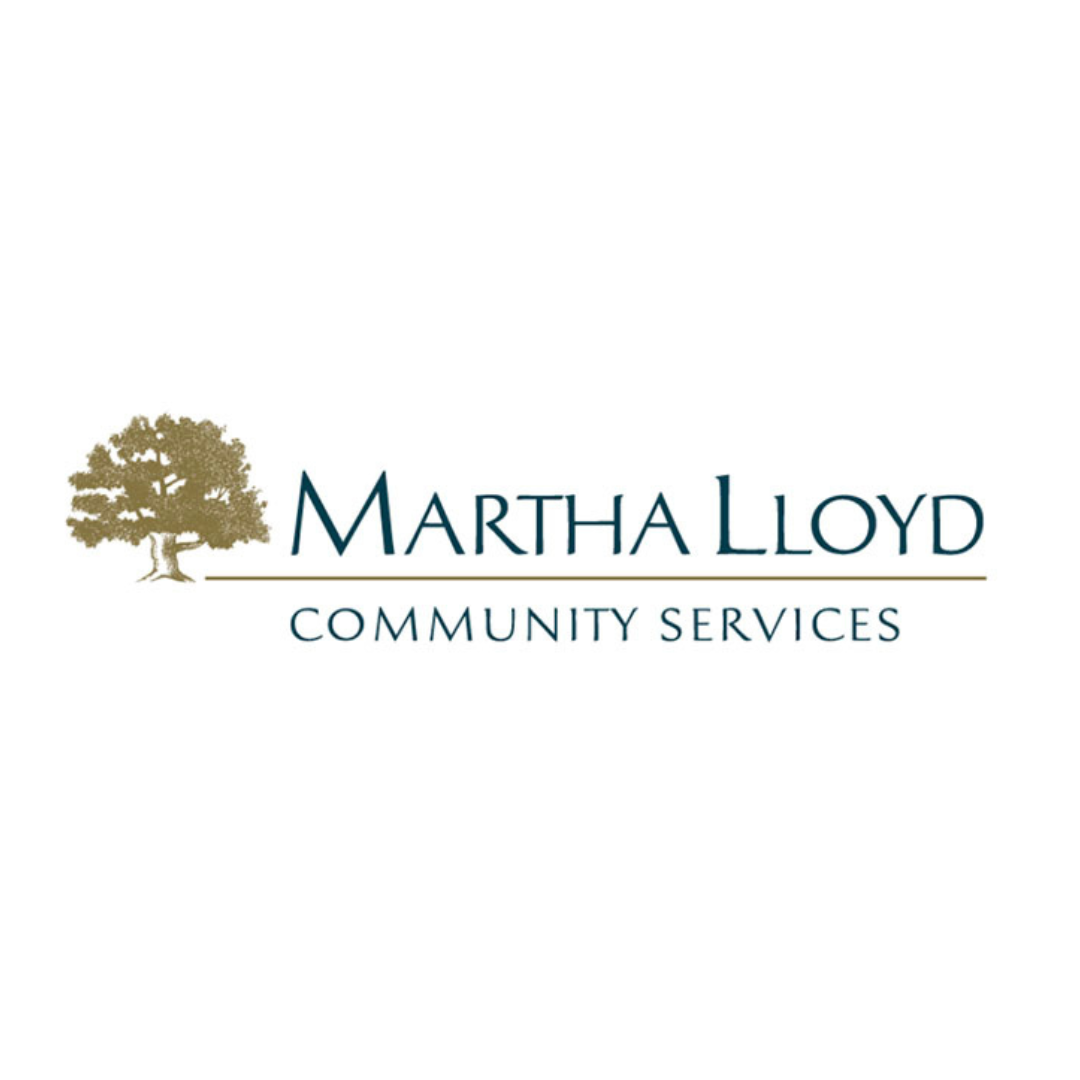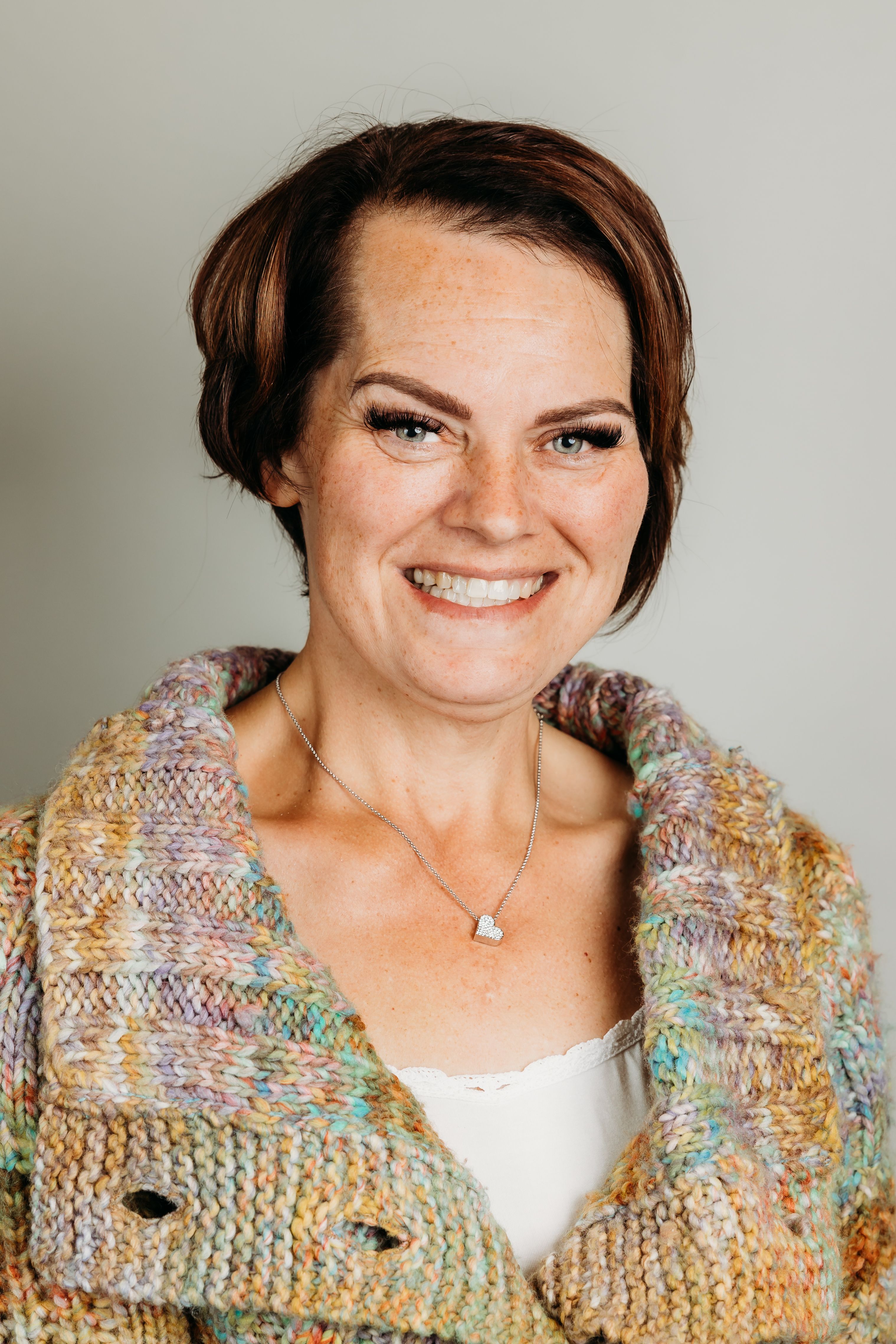
By Christopher Feltner, Training Architect
Since the beginning, we frequently field calls and emails from people wanting to order our blocking equipment without the training that goes with it. Personally, I have fielded this question many times: “Can’t we just order the pads?” This is a question that goes deeper than it appears.
Could we sell the Ukeru blocking pads without the training? Yes, we could. But should we?
When someone is certified as a User in Ukeru, they must go through the entire presentation (non-physical) sections before learning to use the blocking pads. If one becomes a Trainer, then they aren’t permitted to train staff in the blocking portion without going through the full presentation.
With Ukeru, everything leading up to the blocking techniques explains why we use the equipment like we do and is meant to be an extension of Comfort vs Control™ and trauma-informed practice. Selling our patented blocking equipment without requiring proper training would almost guarantee misuse of the physical tool which is meant to help deal with physical aggression without the use of physical restraint. Our goal is to continue a trauma-informed approach even when things get physical.
Often when people are asking to order our equipment without the training, they are looking for a physical solution to a physical problem (read: physical aggression). And, why not? If you are struggling with difficult situations where injuries are accumulating, of course you want a physical solution! Unfortunately, no physical tool (alone) will be the “magic pill” that will stop aggression from occurring. Without looking for why someone becomes aggressive, we will only continue to put out fires with us being the ones that eventually burn out. This is why we don’t sell our blocking equipment without the full training because we acknowledge that a physical tool (in and of itself) is just that; it is a tool. It buys us time while we work on getting to the root of what is going on with a person, so we can help them learn a better way to get their needs met and progress while (at the very least) preserving our relationship with the person.




